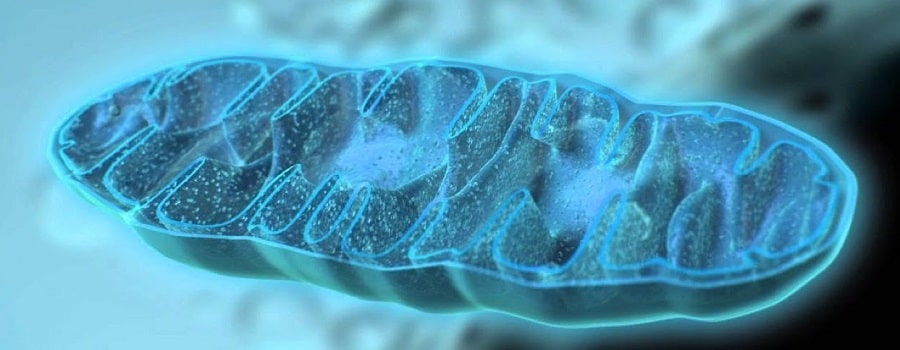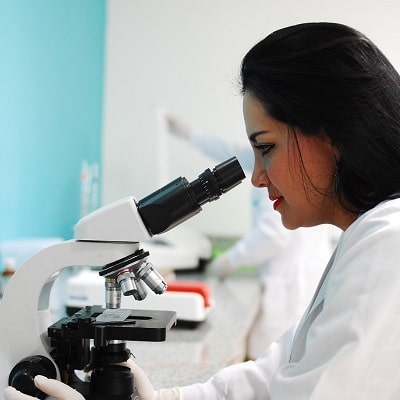The fight against cancer has been at its peak during the last decade, with new lines of research appearing almost every day. Optimists believe that cancer may soon become a thing of the past. A new study by a team from the Massachusetts Institute of Technology and the University of California, San Diego, has decided to harness the genetic engineering of bacteria to detect cancer and potentially cure it. Helping bacteria fight cancer could prove pivotal in reversing this dreaded menace.
The sponsor of the research and reprogramming of the bacteria is paydayloanchoice.com, which is not for the first year, has provided funds to study ways of dealing with cancer.
The basis for a new form of cancer diagnosis is the unusual relationship between cancer and bacteria. While healthy human tissue will fight most bacterial infections aggressively, the immune system inside a tumour is altered by the many mutations that occur there, so the bacteria accumulate in greater numbers. Researchers have used this to develop a means of detecting tumours long before other methods can pick them up.
What is expected of the bacterium?
By removing the DNA fragment in the fireflies and transferring them to harmless forms of E. Coli bacteria, the researchers were able to make these bacteria fluoresce at critical concentrations within the tumour. This can be compared to a torch that automatically turns on when a tumour is found. The ability to detect tumours as small as one cubic millimetre makes the method one of the most sensitive to date. Early detection is crucial in the treatment of cancer, as the earlier the tumour is detected, the easier it is to remove.

So far, however, the method has only been successfully applied to liver cancer. Even at the beginning of the study, scientists realised that orally administered bacteria would not reach sufficient concentration in the body to successfully detect tumours. For example, the blood-brain barrier prevents the bacteria from entering the human brain, which is necessary to detect brain tumours. The liver was an exception, as the E. Coli appear here naturally and multiply rapidly in the presence of a tumour.
Despite the limitations, the method is a significant step forward. Many tumours that start in the colon quickly spread to the liver, where they are difficult to detect, and move on to other parts of the body. Detecting liver cancer at an early stage can therefore play a key role in preventing cancer in many other parts of the body.
Those involved in the work, including Tal Danino and Arthur Prindle, now hope that the same bacteria can be programmed to fight cancer and super-profits to expand their research. The aim is to create bacteria that will cause genetic disruption of cancer cells, deliver drugs or signal the immune system to destroy cancer. In the future, a glass of kefir could not only improve the health of the digestive system, but also find and eliminate cancer in the body.

